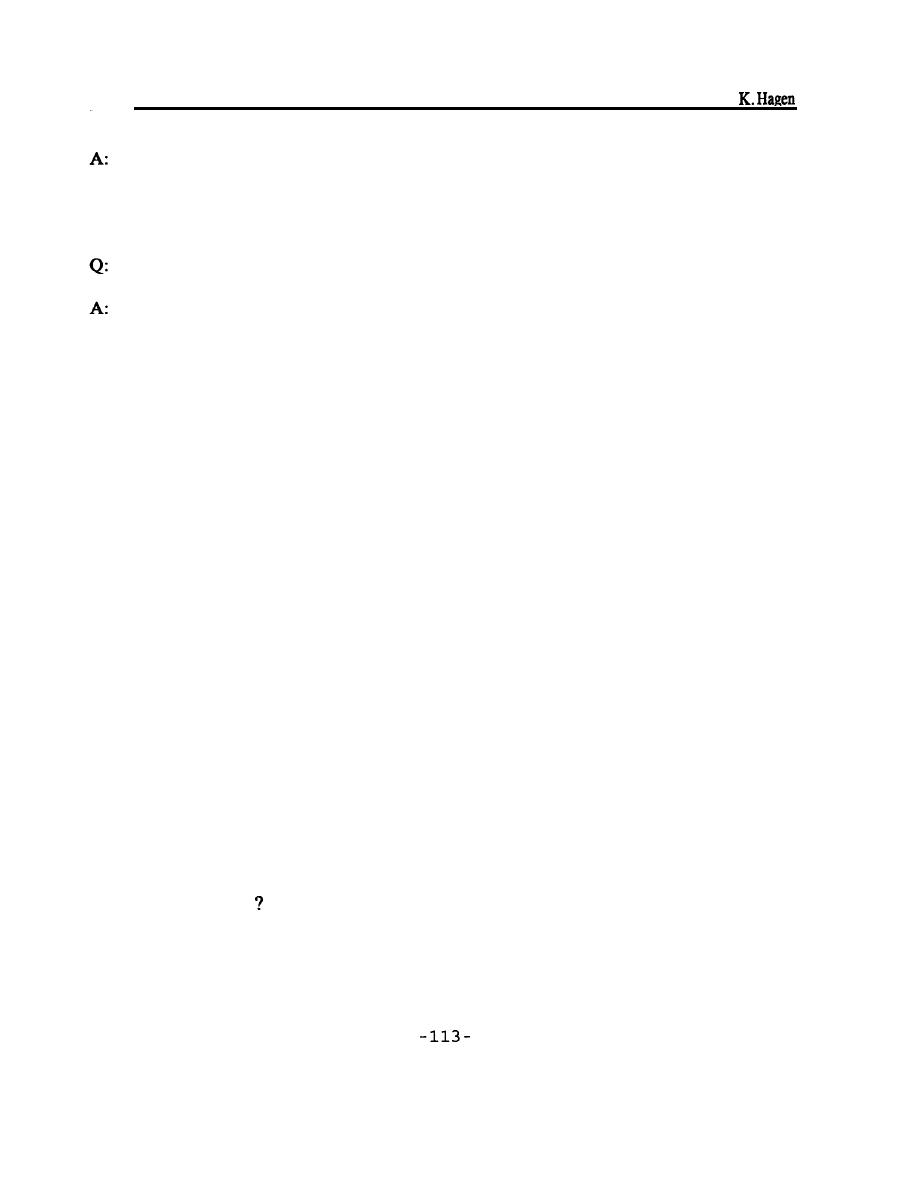
Vernon
You can become pretty good at guessing at what is going to happen, but sooner or later
mother nature will throw you a curve ball or something so that you can't be sure what
you're doing.
But in the years that you spent in hydrology, it must have changed markedly.
Oh, it changed drastically. As far as forecasting, watershed runoff has really gotten into
a much better science. Before they had some rules of thumb they went by, and that's
about all they had in my early days in hydrology. At one time they built an electronic
model for one of the rivers, I think it was the Kansas River.
In MRD they had an actual gadget, electric model. It was hooked up so that you'd input
data into this thing and with this electric model, why you could forecast the runoff, but
based on input as far as rainfall and river stations. But they were put in electrically--I'm
not even sure just exactly how it worked now, but I know that I went out and watched it
one time. They gave a demonstration on it. But it was probably the closest thing, at that
time, they had to modeling the watershed. But it was a pretty crude device.
But that it was called an analog model I think. Pretty crude by today`s comparison where
you have fancy computers and you can do all kinds of things. The grand benefit of
computers is you can do "what if," what's happened, how much rain has taken place up
to the moment, and how much has fallen on the watershed.
So you can model that, you know pretty much what's going to happen in the next day or
two now that you had that much rain. Is it going to continue to rain? If it does, what is
that going to do to your forecast? If it quits raining, what's the forecast going to be? So
you can start looking at what might the range of flood sizes be, depending on if it rains
so much, why it's going to be three feet higher and that sort of thing.
But even though you have fairly sophisticated equipment for forecasting, it's difficult to
get information to the people that are impacted by it so that they will really understand
what you mean when you say that it's going to be. For example, a gauge at Washington,
DC, if you put in the paper there's going to be a 100,000 cfs [flood] coming down the
river, it will crest at that gauge tomorrow at noon, what does that mean to the guy living
along the river He has no idea what that means in terms of how many feet of water is
going to be in his front room or that sort of thing.
So, really, the only measure they have is by comparison. If a person asks, "Well, how
much higher is that than the flood that happened three years ago. Because I know how



 Previous Page
Previous Page
